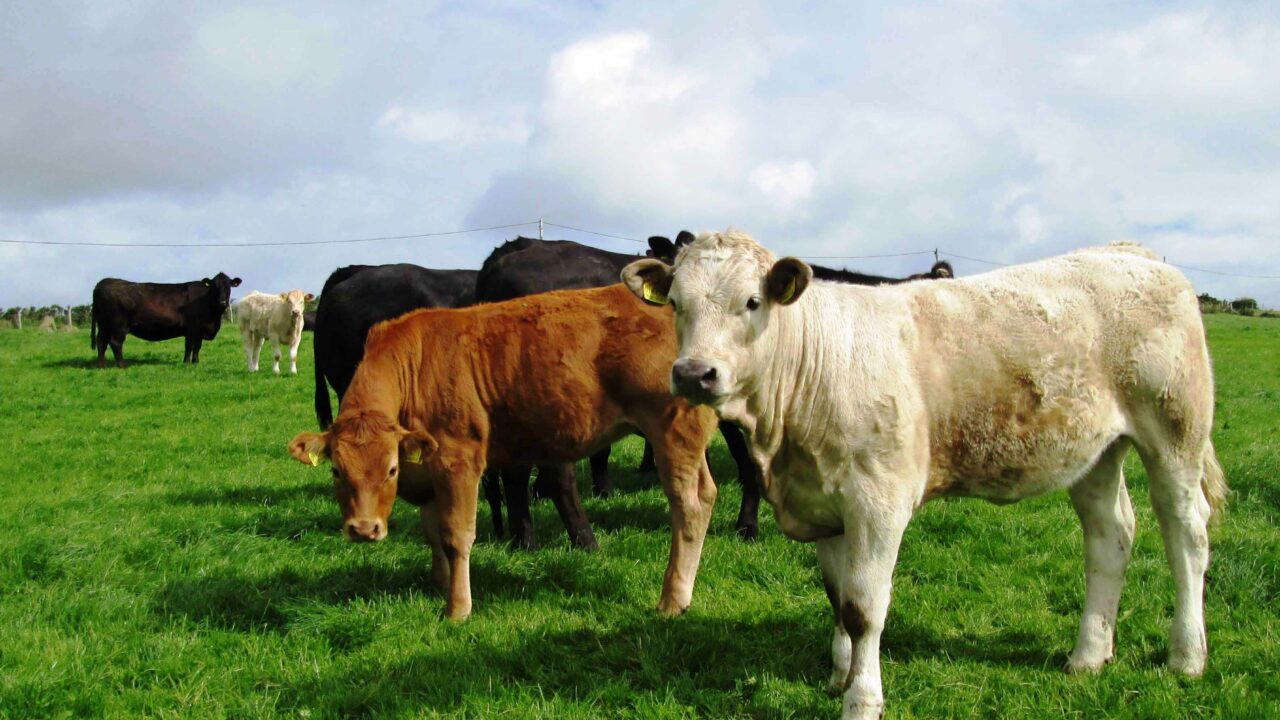Last month’s news that the US government, which is about to issue new healthy eating guidelines, will for the first time take into account environmental issues before recommending less beef should be eaten, could be the most significant cattle industry development this year.
Essentially, Washington is ready to say that unlimited beef production is environmentally unsustainable because cattle are hungry for increasingly scarce land and water resources that could be used to produce other types of food.
Equally damaging claims that cattle are major polluters in greenhouse gas (GHG) emission terms, contributing 14.5% of the overall total of heat trapping gas produced at world level, will also be supported – unless it can be persuaded to change its mind.
Beef related interests, trans-globally, and in Ireland itself, have regularly put forward strong counter arguments which support the view the American response is over-zealous.
However, where the US government goes others will follow, and on the back of this the beef industry at Irish, EU and global level must ready itself for a media led assault, much of it based (as usual) on misinformation – and be prepared to summon the energy to make a vigorous counter challenge too.
A convincing response to the notion that eating Irish beef is wrong has already been constructed and defenders of Irish style, grass-based beef (and sheep) farming, can point to it being among the most environmentally efficient food producing systems in the world.
Indeed, an argument could be made that grass based beef production is so efficient that Irish (and similar British) systems should be used as a model in other temperate countries where large areas of pasture, and the grass based forage it also provides, are available.
Basically, this boils down to Ireland’s climate and geography allowing ruminant feed requirements to be largely covered by naturally growing grass with very little additional input.
Which means industry critics need to be told that Irish (and British) beef production converts vegetation that is not suitable for human consumption into a protein that can be used to feed and nurture people – wherever they live.
Just as relevant is that almost 70% of Irish and EU farmland is only suitable for growing grass and that if it was not used to graze ruminants (cattle and sheep) it could not be used for food production.
And that Ireland’s reliance on rain fed pasture systems mean its livestock farmers have little, if any, reliance on irrigated water.
For example, EBLEX in the UK, has confirmed that on average it takes just 67L of piped water to produce a kilo of beef and only 49L for a kilo of lamb or mutton.
On top of this, grazing cattle generate additional environmental benefits. These include landscape management and the maintenance of biodiversity because cows and calves open up potentially scrubby habitats by knocking down the big stuff, and eating up the rough stuff, while sheep clean up behind.
Another key point is that permanent pasture used by cattle (and sheep) also captures and stores carbon which would otherwise be released into the atmosphere – an advantage which is rarely, if ever, acknowledged by industry critics.
This carbon sequestration, which helps to offset natural GHG emissions from upturned soil, is a direct by-product of ruminant animal management.
In the UK this was acknowledged during an All-Party Parliamentary Group beef and lamb inquiry into emissions from beef cattle and sheep at Westminster, which was published in London in May 2013.
If the debate on the link between cattle and climate change wanders even further from reality there is a measure of reassurance in the fact some people will always eat beef.
However the industry is more likely to prosper, at domestic, EU, and global level, if there is general acceptance that cattle make a positive contribution to climate change reduction and beef farming is not faced with constant calls for it to be curbed, even eliminated, as part of misguided effort to slow down climate change.
Robert Forster is a UK-based journalist who produces the Beef Industry Newsletter.
